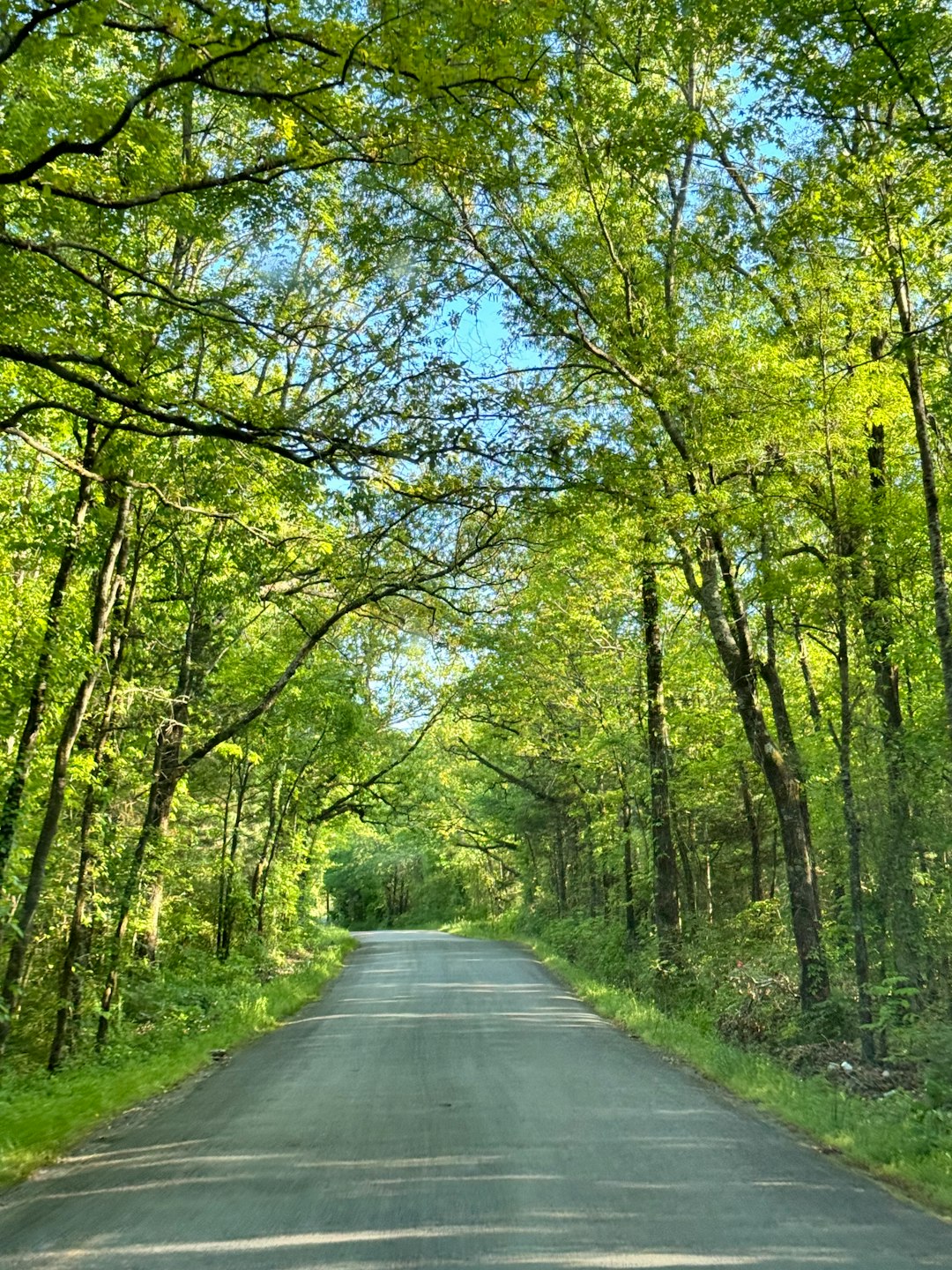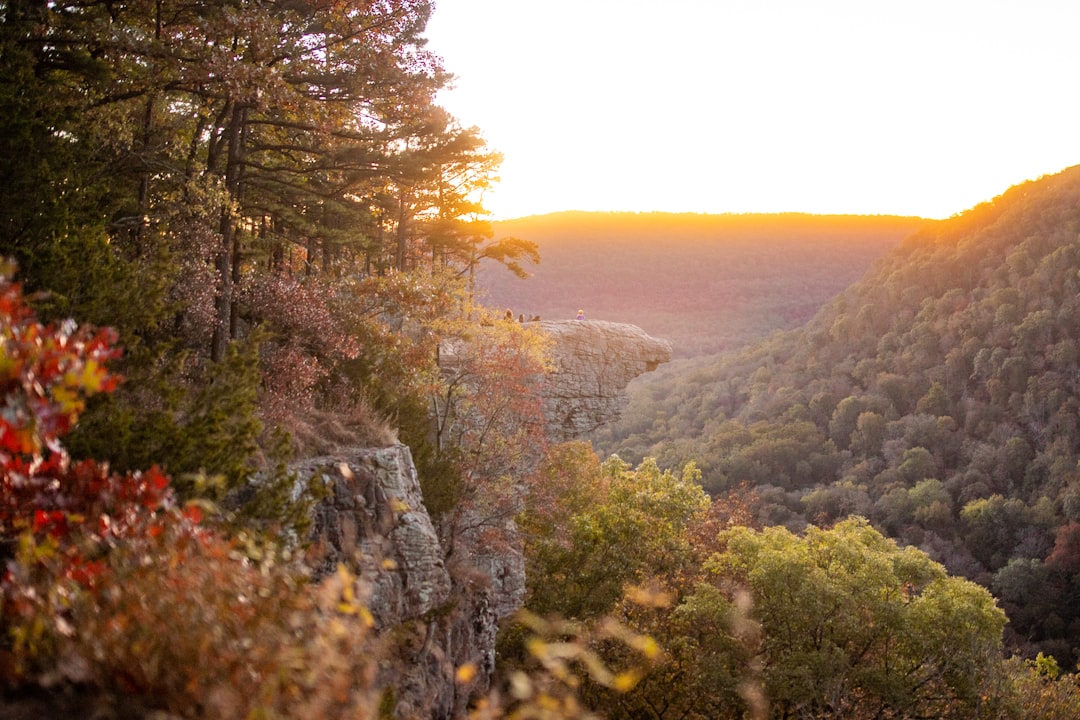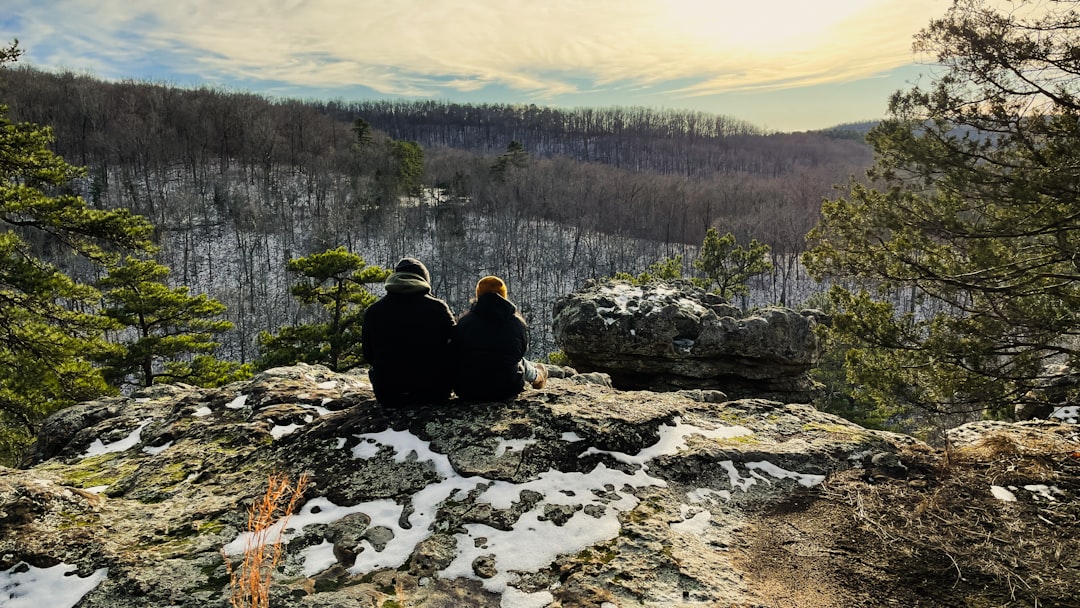Arkansas enforces rigorous background checks for care facility volunteers to protect elderly and vulnerable residents from sexual assault and other threats. An elderly sexual assault lawyer navigates these rules, ensuring compliance and rights protection. These measures enhance security, deter predators, and safeguard patients' well-being. Volunteers face legal liability, requiring clear instructions, training, and privacy protections; an Arkansas lawyer offers guidance.
In Arkansas, background checks for volunteers in care facilities are not just recommended but mandated by law. This comprehensive guide explores Arkansas’ stringent background check laws, focusing on who requires a check, the effect on vulnerable populations, and the rights of volunteers. As an elderly sexual assault lawyer in Arkansas would attest, understanding these regulations is paramount to ensuring safety and legal compliance in care settings. By delving into these aspects, we aim to highlight the importance of thorough screening processes in protecting our state’s most vulnerable residents.
Understanding Arkansas' Background Check Laws

Arkansas has stringent laws regarding background checks for individuals working in or volunteering at care facilities, particularly those that cater to the elderly and vulnerable populations. These regulations are designed to ensure the safety and security of residents by screening out potential threats, including those with a history of violence or sexual assault.
For volunteers, the state mandates comprehensive background checks involving fingerprinting and a review of criminal records. This process is crucial in identifying individuals who may pose risks, ensuring that care facilities are protected from harm, and most importantly, safeguarding the well-being of the elderly and vulnerable residents they serve. An Arkansas elderly sexual assault lawyer can provide specialized guidance on these laws to ensure compliance and protect the rights of both volunteers and the facilities they support.
Who Needs a Background Check for Care Facilities?

In Arkansas, certain individuals who volunteer in care facilities serving vulnerable populations, such as the elderly or those with disabilities, are required to undergo a comprehensive background check. This includes volunteers working directly with residents, providing personal care, or having unsupervised access to them. The primary goal of this regulation is to protect the safety and well-being of the patients by screening out potential risks, especially concerning issues like sexual assault.
The scope of this requirement extends to a wide range of volunteer roles, including but not limited to nursing home aides, personal care assistants, and volunteers in assisted living facilities. An elderly sexual assault lawyer in Arkansas might also advise that individuals with a history of certain criminal offenses or those who have been involved in previous instances of abuse are strictly prohibited from volunteering in these settings without first passing the necessary background checks.
The Impact on Elderly and Vulnerable Populations

The implementation of mandatory background checks for volunteers in care facilities in Arkansas has profound implications for elderly and vulnerable populations, many of whom rely on these unpaid workers for essential services. By enhancing security measures, these laws aim to protect residents from potential risks, especially concerning sexual assault – an issue that demands heightened vigilance when dealing with the most susceptible members of society.
An elderly sexual assault lawyer in Arkansas would likely highlight how rigorous background checks can act as a powerful tool against predators who may seek to exploit the trust placed in them by care facility residents. These measures ensure that volunteers are trustworthy and reliable, fostering a safer environment for those who need assistance with daily living activities.
Legal Protections and Rights for Volunteers

In Arkansas, volunteers in care facilities enjoy certain legal protections and rights. Despite their altruistic motives, volunteers can still be subject to liability for their actions, especially in sensitive areas like healthcare and eldercare. It’s crucial for volunteers to understand their responsibilities and potential risks. For instance, while volunteering with the elderly, awareness of issues like elder abuse and sexual assault is paramount. An Arkansas elderly sexual assault lawyer can provide guidance on how to navigate these complex matters legally.
Moreover, volunteers have a right to clear instructions, proper training, and a safe working environment. Care facilities are mandated by law to ensure these conditions to protect both residents and volunteers from potential harm. Legal protections for volunteers also extend to privacy rights regarding personal information shared during their service. Understanding these rights is essential for maintaining a positive and legally compliant volunteering experience in Arkansas.






